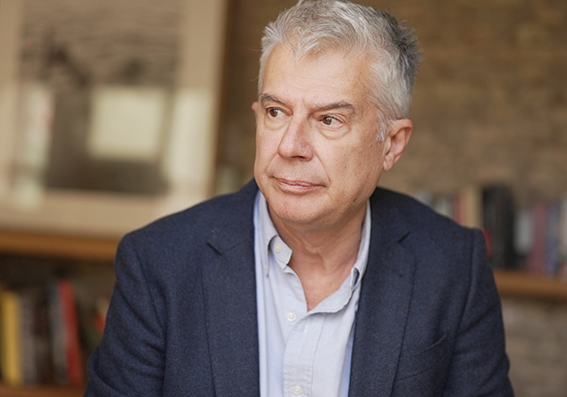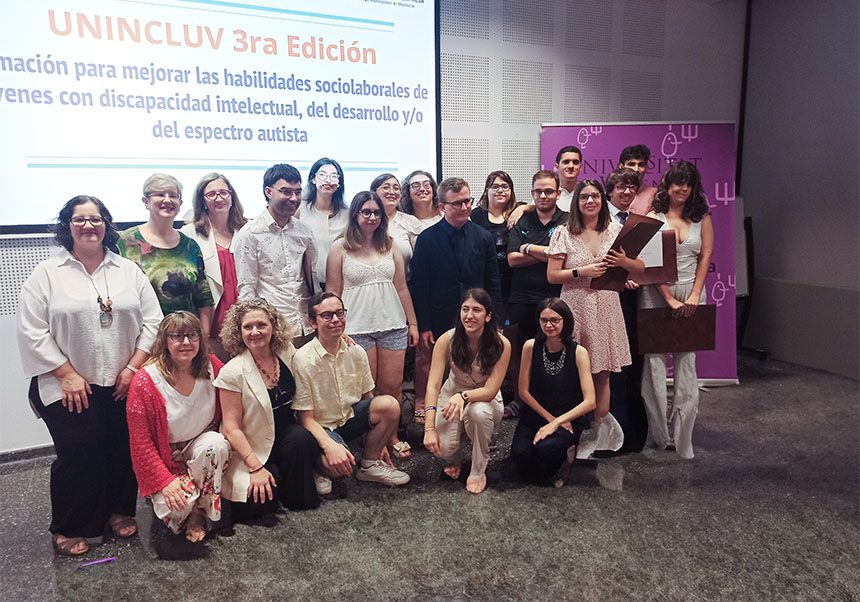The Universitat de València leads the citizen training before emergencies with the València + Segura plan
- Marketing and Communication Service
- Alberto Gradoli Vivas
- June 23rd, 2025

The Valencia City Council has presented the València + Segura plan, a pioneer initiative before emergency situations, that has developed along with the Mesval Chair of the University, led by José Manuel Pastor.
The project, developed in collaboration with the Universitat de València through the Chair for the Sustainable Economic Model of Valencia and its Surroundings (MESVAL), led by José Manuel Pastor, it is considered one of the most ambitious to an European scale for its range, focus and number of participants.
This plan is born from the recommendations of the Commission for the Recovery of the affected areas by the DANA on 2024, and has as main goal training citizenship with knowledge and essential abilities to act before, during and after an emergency. The training will include practical content like the interpretation of alerts, the elaboration of familiar plans, the preparation of emergency kits and the management post-catastrophe.
The programme will extend to 538 school centres, 70 neighbourhood associations, 51 elder centres, 20 associations of people with disabilities, 31 headquarters of the Universidad Popular, 15 headman municipalities and 6 day centres. Furthermore, 40 informative tents will be installed in strategic points of the city and sensitivity campaigns will be lead through the many channels.
The training will be taught by a multidisciplinary team of about 100 people, between teaching staff, firefighters, the police and volunteers. The plan has been designed with an inclusive strategy, adapted to vulnerable collectives such as children, old people and people with disabilities.
In this sense, M.ª Vicenta Mestre, Principal of the Universitat de València, has affirmed that “we must work, side by side, with everyone, to face up to all these risks that are inherent to our territory, and we must work, also, to minimize new risks.”
For her part, M.ª José Catalá, mayoress of Valencia, has underlined that “the Plan València + Segura is not a finish line. It is the starting point, and it has come to stay. It is another step that the city welcomes in this path, because cities are not only built through infrastructures, but also thanks to trained, informed, compromised and empowered citizenship.”
The registration period will begin Monday 23 June through the municipal website: https://www.valencia.es/val/massegura/proteccion-civil. The pilot course will begin 30 June with directive teams and teaching staff, and the formative sessions will be extended in September, with special attention to those districts that suffered with more intensity the effects of the DANA.
The Universitat de València has reassured their compromise with the city, underlining the importance of the institutional collaboration to face the environmental and social challenges.
The Dean has also highlighted that “this collaboration line is one of the many that we maintain as a public university along with the Valencia City Council to contribute to the overcoming of the current situation, mostly, to prevent future situations of risk.”
The plan is put to the disposition of the whole metropolitan area and the Generalitat, with the will of sharing good practices and reinforcing the collective protection before natural risks and emergencies.
File in: Càtedres















